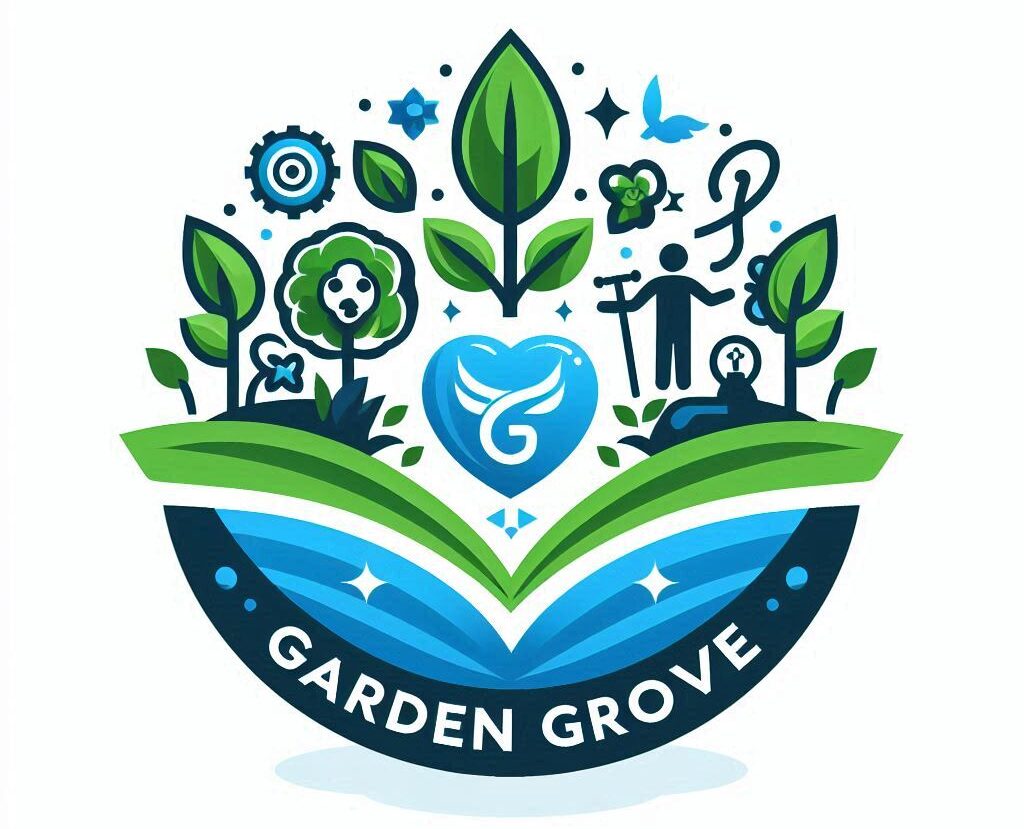
CBD oil is popping up everywhere these days. It’s like everyone and their grandma is trying it out, but figuring out the right dosage can be tougher than you might think.
The FDA hasn’t really set clear guidelines yet, so it’s a bit like the Wild West out there. Without a sheriff in town, people tend to rely on information from manufacturers, retailers, or word of mouth.
The big buzz around CBD comes from its potential benefits—people use it for pain relief, anxiety, and even sleep issues. With all the chatter, it’s easy to overlook how crucial dosage actually is. Getting it wrong doesn’t just mean you might not get the relief you’re hoping for; it could mean you’re wasting your cash on something that doesn’t work for you.
Understanding the basics means knowing about the different forms of CBD oil too:
- Tinctures
- Capsules
- Edibles
- Creams
Each format has its own set of things to consider when figuring out the right dosage. Plus, factor in whether the product is full spectrum or isolate, because that influences its efficacy as well.
Don’t just assume one-size-fits-all with CBD oil. Each person’s endocannabinoid system reacts differently. What works for your buddy might not work for you, so it’s all about finding what hits the sweet spot for your body and needs.
The Complex Landscape of CBD Oil Dosage Regulations
Navigating CBD oil regulations feels like trying to hit a moving target. Different countries, and even states, often have their own set of rules. In the U.S., there’s a split between federal and state regulations, making it a bit confusing for anyone trying to get a handle on it.
The FDA is a big name you’ll hear a lot, but its role mainly deals with cracking down on false claims and ensuring safety marketing. They haven’t established a standard dosage guideline yet, which leaves a lot of the regulation to individual states and, sometimes, even local governments. The World Health Organization (WHO) has also looked into CBD, suggesting that it’s generally safe, but there’s a big gap between that acknowledgment and detailed dosing guidelines.
It doesn’t help that the CBD market is flooded with products of varying quality. Without strict dosage regulations, some companies might not provide accurate information, leading to potential safety and efficacy issues. It’s like playing a guessing game when you buy a product; you need to know what to look out for.
This varied regulatory environment makes it crucial for users to stay informed. Knowing which organizations are involved and how their guidelines (or lack thereof) impact the market can help you make safer and smarter decisions when it comes to using CBD oil. Taking the time to understand the nuances can make a huge difference in dosage safety and product effectiveness.
Navigating CBD Oil Purchases and Self-Administration Safely
When you’re ready to buy CBD oil, it feels like standing in front of a giant wall of choices—but it doesn’t have to be overwhelming. The key is to focus on finding reputable brands that put their products through third-party testing. This ensures you’re getting what the label says, which is vital since unregulated products can sometimes contain more— or less—CBD than advertised.
Reading the label is your first line of defense. Look for details like the amount of CBD per serving, full spectrum vs. isolate, and any added ingredients. Clear labeling and transparent sourcing show a company stands by its product, so don’t skip this step.
Adjusting your dosage responsibly is another piece of the puzzle. Start small and slowly increase the amount until you find what works for you. This isn’t about impatience; it’s about ensuring you aren’t taking too much or too little. Keep track of how you feel after different doses, and don’t hesitate to switch things up if something isn’t clicking.
Watching for side effects is crucial as well. While many people handle CBD like a champ, some might notice issues like fatigue or digestive discomfort. Staying aware of your body’s reactions helps you adjust your intake if necessary, ideally with guidance from a healthcare professional, especially if you’re mixing with other medications.
Ultimately, becoming a savvy CBD consumer means doing your homework and paying close attention to quality and dosage details. Armed with this know-how, you’re in a better spot to enjoy the buzz around CBD and what it might offer for your health and well-being.

